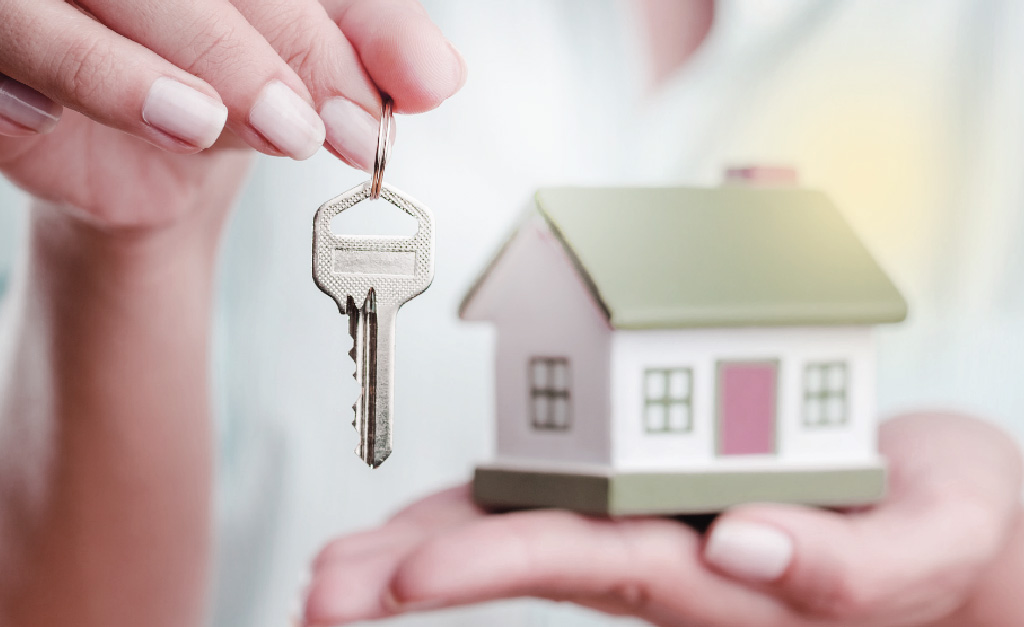
- by akhomes1314
- January 1, 2024
- Uncategorized
- (0)
- 03 Mins
It’s exciting – and a little scary – to think about buying your first home. Even when you know you’re ready to buy a house, you might not be sure where to begin. These tips for first-time home buyers will help you navigate the process from start to finish.
1.) Start saving early:
When calculating how much money you need to buy a house, consider one-time expenses as well as new, recurring bills. Here are the main upfront costs to consider when saving for a home:
Down Payment: Your down payment requirement will depend on the property you chose to buy. Generally down payment of a house ranges between 10 % – 20 %.
Closing costs: These are the fees and expenses you pay to finalize your loans and they typically range from 0.5% to 2% of the loan amount varies on different NBFCs as per their policies. That’s the additional money you’d have to pay, on top of your down payment.
Move-in expenses: Remember to budget for moving costs, which typically run up to 3000-4000 for most local moves. (Long-distance moves can be much pricier.) You’ll need some cash after the home purchase. Set some money aside for immediate home furnishing, upgrades, or sometimes repairs.
2 ) Decide how much home you can afford
Figure out how much you can safely spend on a house before starting to purchase. By setting a price range based on your income, debt, down payment, credit score, and where you plan to live (location).
3) Check and polish your credit
Your credit score will determine whether you qualify for a loan and affect the interest rate lenders will offer. Having a higher score will generally get you a lower interest rate, so take these steps to polish your credit score to buy a house:
4) Get a free copy of your credit report.
5) Pay all your bills on time and keep credit card balances as low as possible.
6) Keep current credit cards open.
Closing a card will increase the portion of available credit you use, which can lower your score.
7) Avoid opening new credit accounts while you’re applying for loans.
Opening new accounts could put a hard inquiry on your credit report and lower the overall average age of your credit accounts, which could hurt your score.
8) Choose a real estate agent carefully
A good real estate agent will scour the market for homes that meet your needs and guide you through the negotiation and closing processes. Get agent referrals from other recent home buyers.
9) Narrow down your ideal type of house and neighborhood
Weigh the pros and cons of different types of homes, given your lifestyle and budget.
10 ) An exciting home generally costs less than buying a new construction home.
But if local inventory is low and you have the means, a brand-new home offers enticing options to customize.
11) Stick to your budget
To avoid financial stress down the road, set a price range based on your budget and then stick to it.
12) Don’t skip the home inspections
A home inspection is a thorough assessment of the structure and mechanical systems. Professional inspectors look for potential problems. So you can make an informed decision about buying the property.
13) Negotiate with the seller
You may be able to save money by asking the seller to pay for repairs in advance or lower the price to cover the cost of repairs you’ll have to make later. you may also ask the seller to pay some of the closing costs. Your negotiating power will depend on the local market. It’s tougher to drive a hard bargain when there are more buyers than homes for sale. Work with your real estate agent to understand the local market and strategize accordingly.
14) Buy adequate home insurance
Home insurance covers the cost to repair or replace your home and belongings if they’re damaged by an incident covered in the policy. It also provides liability insurance if you’re held responsible for an injury or accident. Buy enough home insurance to cover the cost of rebuilding the home if it’s destroyed. It may be buying an umbrella policy if you need to cover your home, cars, and other major assets.

